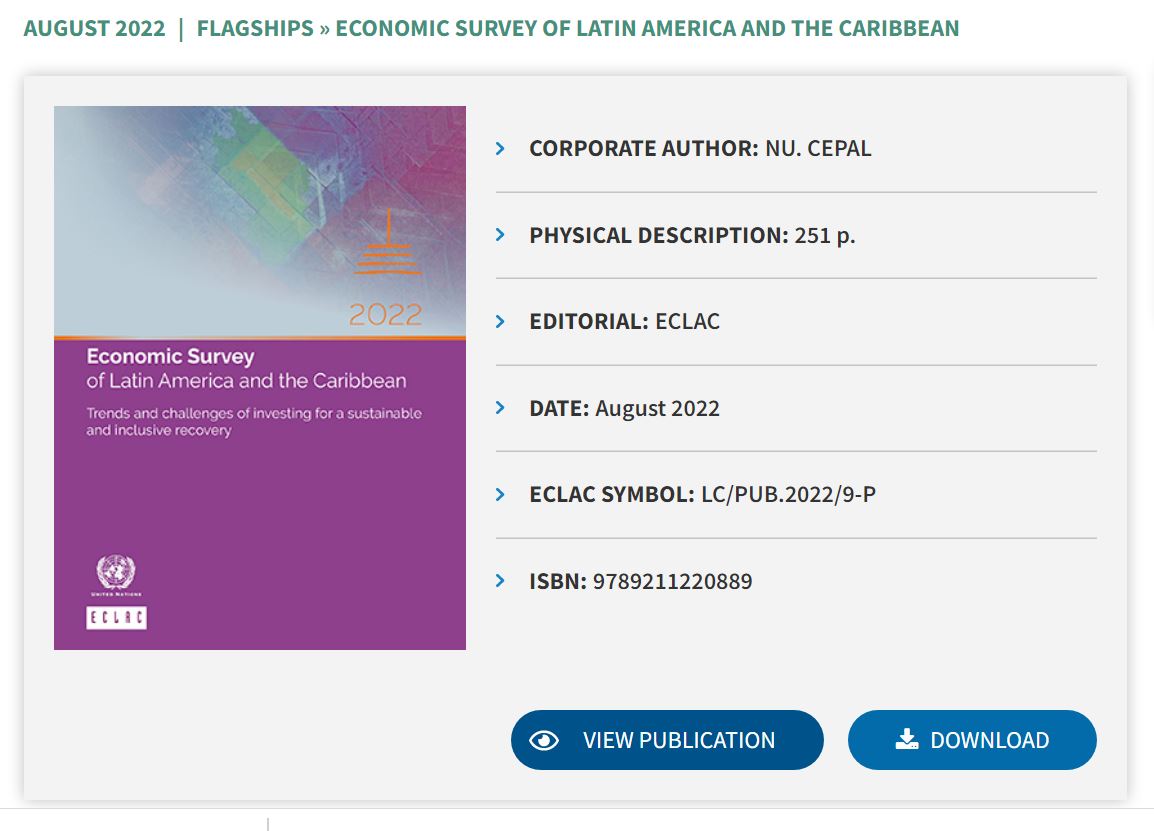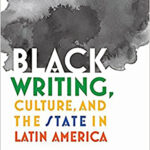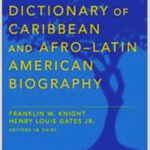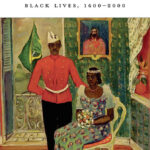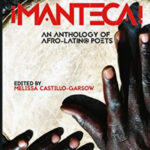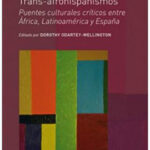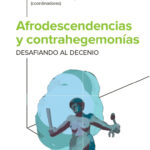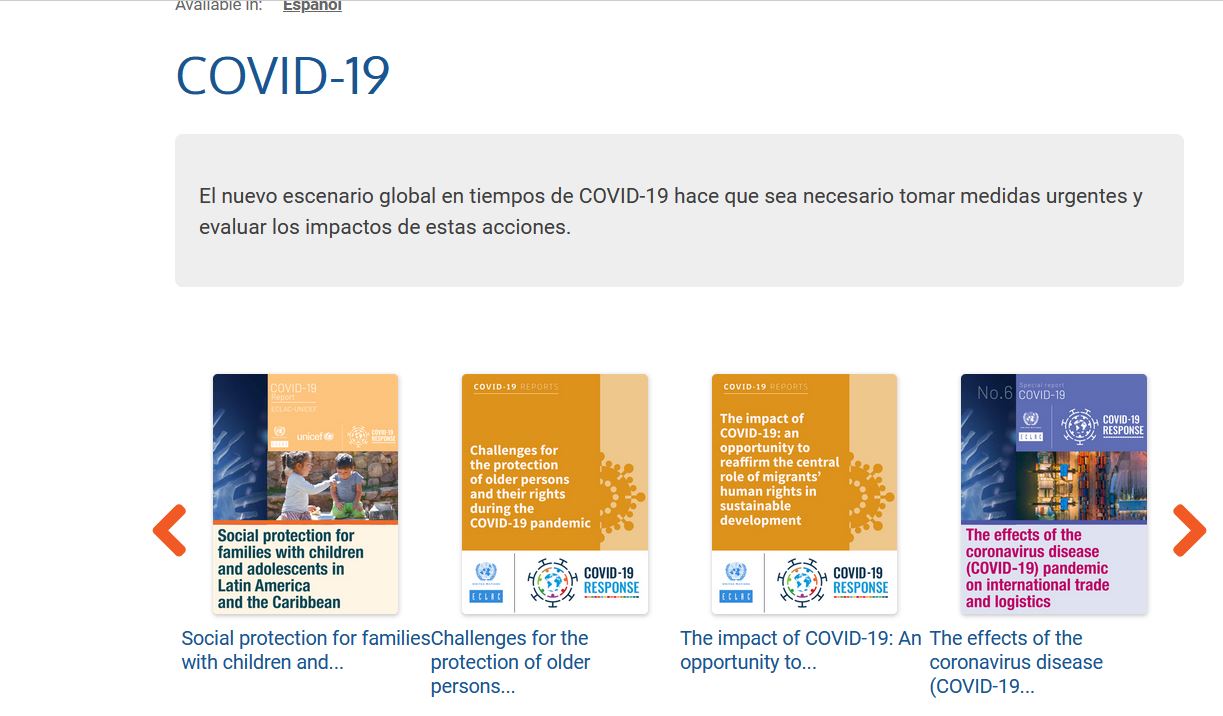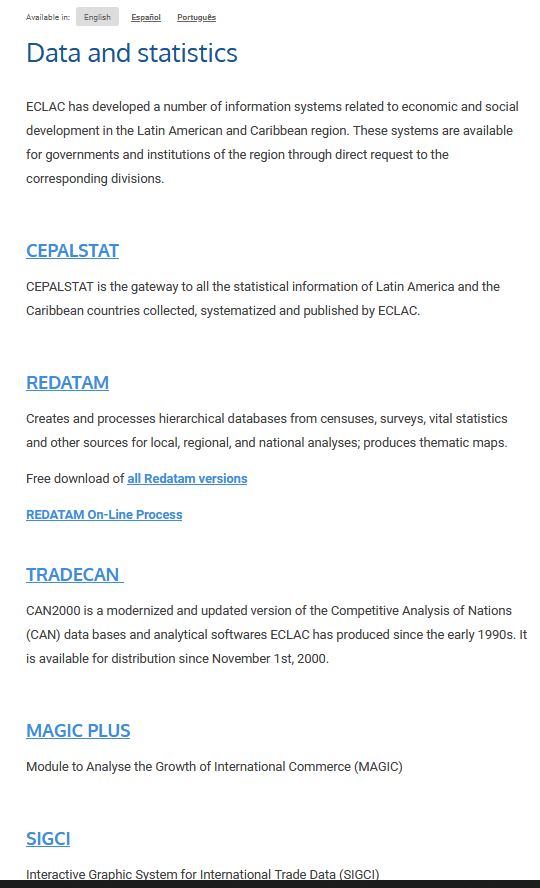Tag: Latin America
Cuba: Grito de Yara (10 October 1868)
Each year, on 10th October, the Cubans all over the world commemorate the call for national independence. The “Grito de Yara,” is one of many important events in the complex historical trajectory of Cuba that unleashed the potential of the national consciousness through rebellions against the Spanish imperial authorities. The full text of the “Manifiesto de la Junta Revolucionaria de la Isla de Cuba” can be read by clicking on the link here.
At UC Berkeley Library, despite our West Coast location and our Pacific Rim orientation, we have a large collection of books that will enlighten our readers about what does “Grito de Yara” means. The other essential Open Access source is dLOC (Digital Library of the Caribbean) where one can browse documents related to the “Grito de Yara.“
Below are some titles that might of interest to the readers of this blog. Since we believe in the equitable access, I am providing some links to the full-text of these items.
Below is a clip from a film,
Professor Rebecca Herman’s New Book Published: Cooperating with the Colossus A Social and Political History of US Military Bases in World War II Latin America Cooperating with the Colossus A Social and Political History of US Military Bases in World War II Latin America

Author:Rebecca Herman, the image is being used for academic, educational, noncommercial purposes only.
UC Berkeley’s Professor Rebecca Herman‘s (History) new book –Cooperating with the Colossus A Social and Political History of US Military Bases in World War II Latin America on our entanglement in Latin America since the World War II is one book that I feel honored to post about in this blog.
According to the Oxford University Press, the book has several interesting facets that are quoted from its website as follows,
- Offers a new perspective on the period of World War II and its importance in the longer history of US-Latin American relations
- Brings together the local, national, and international arenas in which the history of wartime basing unfolded
- Integrates the international history of US-Latin American relations together with local histories of labor, race, gender, and law
- Moves between the realm of high politics and the ground-level social and cultural histories of the communities surrounding US bases.
I am also pleased to post a video of her presentation at the CLAS-Berkeley.
We have access to its electronic avatar through our catalog. Thank you, Professor Rebecca Herman, for always motivating me to do my best to collect difficult to find materials from Latin America!
Economic Survey of Latin America and the Caribbean 2022: Trends and challenges of investing for a sustainable and inclusive recovery
The United Nation’s ECLAC has published a 2022 report on trends and challenges of investing for a sustainable recovery in Latin America and the Caribbean. Below is the self-description, “The 2022 edition of the Economic Survey of Latin America and the Caribbean consists of three parts. Part I outlines the region’s economic performance in 2021, analyses trends in the early months of 2022, and the outlook for growth for the year. It examines the external and domestic factors that have influenced the region’s economic performance in 2021, trends for 2022, and how these factors will affect economic growth in the coming years.
Part II of this edition presents some region’s main challenges in investing for sustainable and inclusive economic growth. It analyses the trends in total investment over the last 70 years and highlights the profound change brought about by the 1980s debt crisis, with a slowdown in investment from the 1990s onwards.
Part III of this publication may be accessed on the Economic Commission for Latin America and the Caribbean (www.eclac.org). It contains the notes relating to the economic performance of Latin America and the Caribbean countries in 2021 and the first half of 2022, together with their respective statistical annexes. The date for updating this publication’s statistical information was 15 July 2022.”
Please click on the image to access this Open Access publication.
Primary Sources: Cuban Periodicals: Cultural Magazines Published by Casa de las Américas, 1960–2009

Save the date: Documentary Screening: “Una Escuela llamada América”- September 17, 2021
The library invites you to attend a virtual documentary screening of “Una Escuela llamada América” and a conversation with the director Antonia Mardones Marshall, Ph.D. Candidate in Department of Sociology on Friday, September 17, 2021, from 3 pm to 5 pm.
This event is virtual, and all are welcome to attend with prior registration. This documentary screening event is co-sponsored by UC Berkeley Library, the Center for Latin American Studies, and Berkeley Interdisciplinary Migration Initiative.
Register at
ucberk.li/escuela-event

[Library Trial] Cuban Periodicals: Cultural Magazines Published by Casa de las Américas, 1960–2009
The Library has set up a thirty-day trial of Brill’s database of Cuban Periodicals. It might be accessed after authenticating here: http://ucberk.li/cubanperiodicals
Cuban Periodicals: Cultural Magazines Published by Casa de las Américas, 1960–2009

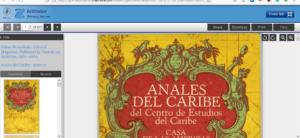
4th Annual Nahuatl Conference at UCLA (Friday, June 4, 2021)
Usually, we do not post about what is happening at the other University of California campuses. However, this announcement piqued my interest as it deals with the Nahuatl language and history. One advantage the pandemic has offered us is to virtually attend the conferences instead of traveling at long distances from the comfort of one’s place. One of my faculty mentors was Dr. Kevin Terraciano at UCLA, and his works on the indigenous languages- especially Nahuatl are known all over the country. Please register here.
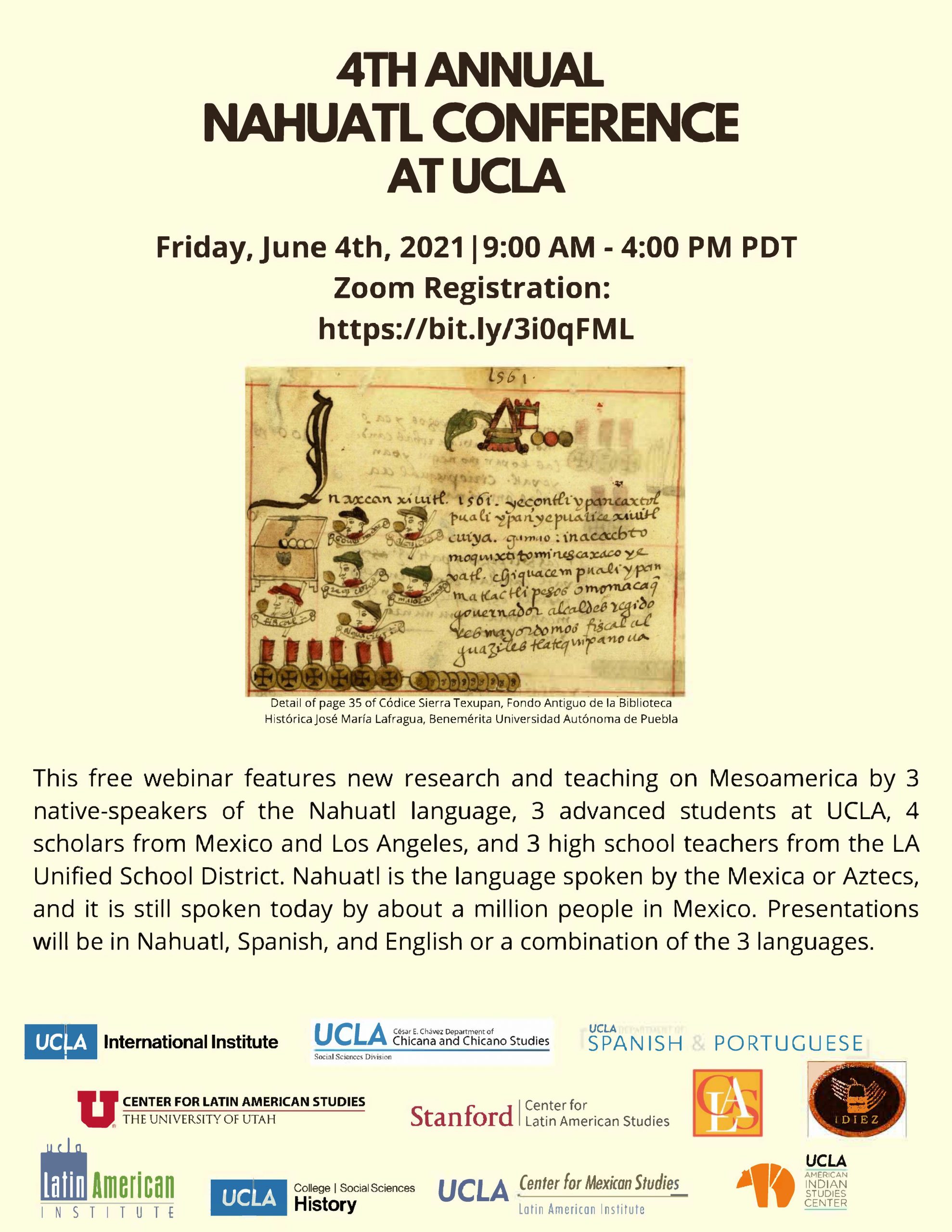
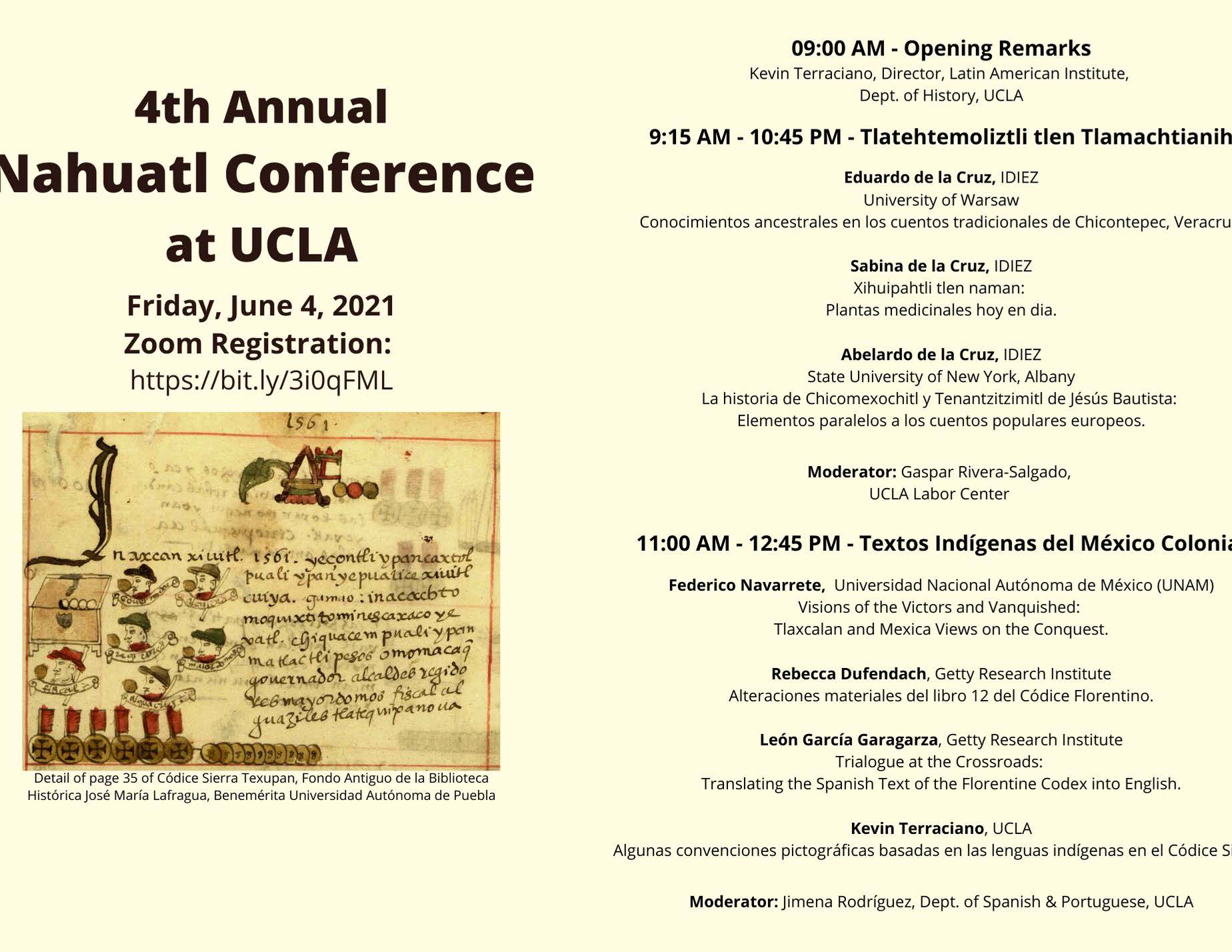
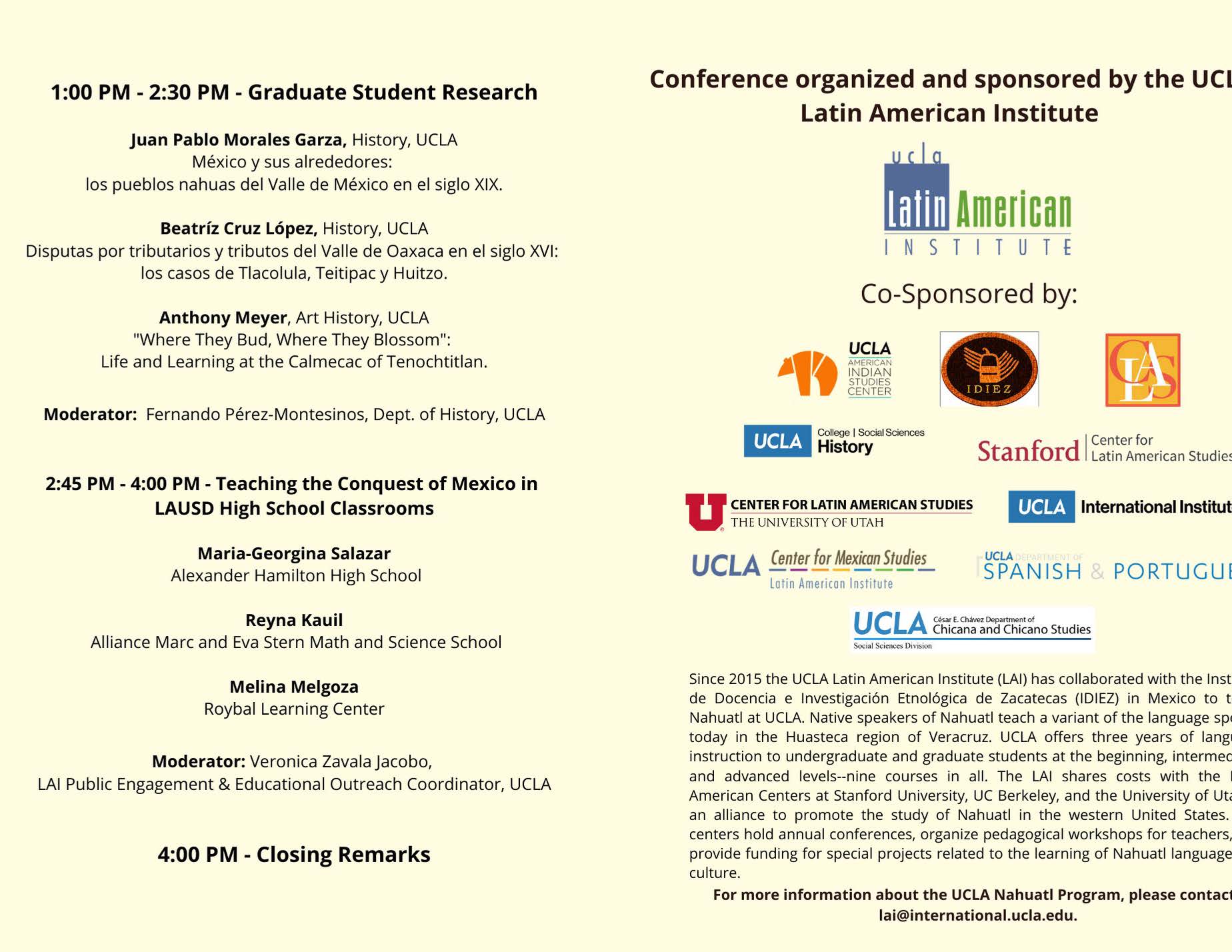
Open Access Journal: ESTUDIOS DE CULTURA NÁHUATL
As some librarians scramble to collect materials in endangered languages and continue competing professionally for acquiring difficult to find low print materials in the indigenous studies and regional languages, they sometimes end up overlooking readily available open access sources. These sources can enrich students’ and faculty’s academic experiences. This is the first post in a series of occasional posts highlighting some of the well-known academic journals that deal with indigenous studies. One such Mexican journal is Estudios De Cultura Náhuatl.
The journal site’s self-description is as follows, “Estudios de Cultura Náhuatl es una revista científica del Instituto de Investigaciones Históricas de la Universidad Nacional Autónoma de México. Difunde trabajos de investigación sobre la lengua y la cultura de los pueblos de habla náhuatl de ayer y hoy. Con más de sesenta años desde su primera aparición, Estudios de Cultura Náhuatl es un referente ineludible en su campo de estudio.” Below is the landing page of the journal. If one clicks on the photo below, you can see on the right side of the website, indexed issues. At the time of writing this post, there was a full-text access and index to issues of the journal beginning 1959.
 Image 1: The landing page of the Estudios de Cultura Náhuatl
Image 1: The landing page of the Estudios de Cultura Náhuatl
In times of Corona: Celebrating African American History Month and Latin America
As we celebrate African American History Month in the United States, America’s racialized past cannot be ignored nor forgotten. Latin America also has a large population of Afro-Latinos and this post is dedicated to providing our readers with some of the highlights from UC Berkeley Library’s collections from Latin America that deal with the nuanced history of Africans in Latin America. We have chosen only a few public domains and open access books that can be read online in times of ongoing COVID-19 pandemic. Also, there are some books that are not in the public domain but can be read online by authenticating oneself using the UC Berkeley credentials.
We leave you with a clip about Argentina también es afro: Las conquistas de la libertad (capítulo completo) – Canal Encuentro
Open Access in Latin America: The Economic Commission for Latin America (ECLA) Publications
This is our first post in the New Year so we wish all a very happy new year. New Year is supposed to bring hope but hope is something that we always harbor. So we wish you resilience and success in your lives. Open Access in Latin America mandates a brief discussion of the publications of the Economic Commission for Latin America (ECLA). Its publications repository provides access to hundreds of OA publications in English, Spanish and Portuguese.
As shown below, the thematic selections now include ECLAC publications on COVID-19.
ECLAC’s website also offers access to statistical databases related to Latin America.
We leave you with good wishes and invite you to explore the ECLAC Open Access this year. Open Access Matters!
